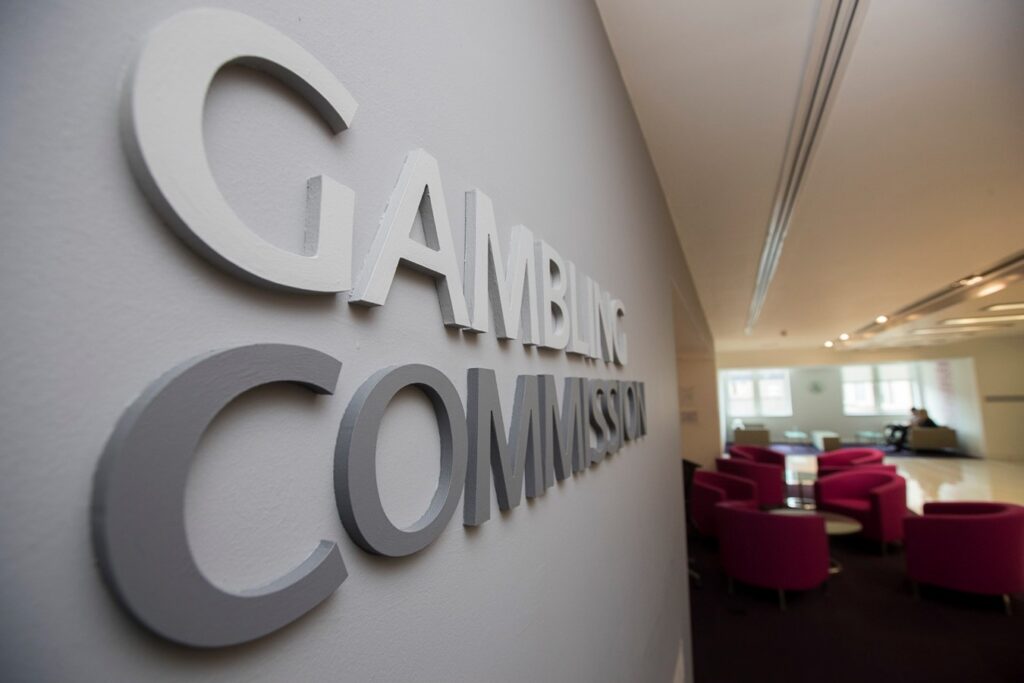The Gambling Commission has initiated a 13-week consultation period aimed at bringing more clarity and transparency to the calculation of penalties in the gambling sector.
This move comes in response to the need for greater precision in determining fines and assessing whether these penalties should be based on the gross gambling yield (GGY) generated during the breach.
In addition to penalty calculations, the consultations will also address financial key event reporting.
The objective is to factor in the increasing complexity of mergers and acquisitions within the industry and the growing globalization of gambling activities.
Kay Roberts, the executive director of operations at the Gambling Commission, emphasized the importance of these consultations, stating, “These consultations are part of our continued drive to ensure Britain has the world’s most effectively regulated gambling sector.
“We would urge all our stakeholders to take the time to have their say on these consultations, as all views on proposed changes will be considered.”
Keep Reading: Andy’s Bet Club Review – Can You Trust This Tipster’s Betting Tips?
These consultations stem from the Gambling Act review white paper, which outlined proposals for the future regulation of gambling in the UK based on a comprehensive government review of the 2005 Gambling Act.
The Gambling Commission’s commitment to refining regulations and fostering transparency is underscored by its recent launch of a confidential reporting service.
This service allows individuals to report criminal and suspicious activities anonymously.
The need for these measures has become evident as statistics from the Gambling Commission highlight a surge in land-based gambling, with the sector experiencing a growth of over 20% in the past year, returning to pre-pandemic levels.
Total GGY for the 12 months from April 2022 to March 2023 increased by 6.8% year-on-year to reach £15.1 billion ($19.0 billion/€17.5 billion).
This figure accounts for all licensed remote and land-based gambling operators and represents a 6.6% increase compared to the period before the March 2020 lockdown.
Further concerns have arisen with the publication of statistics by the British charity GambleAware.
These statistics point to online slots as a particular area of concern, with over a third of GambleAware’s support service contacts in 2022-23 related to gambling-related harm from online slots.
Specifically, 37.9% of individuals seeking treatment were linked to online slots, followed by internet sports betting at 15.6%, and fixed-odds gaming machines in bookmaker shops at 12.8%.
These figures underscore the importance of ongoing efforts to regulate and address issues within the gambling sector.
